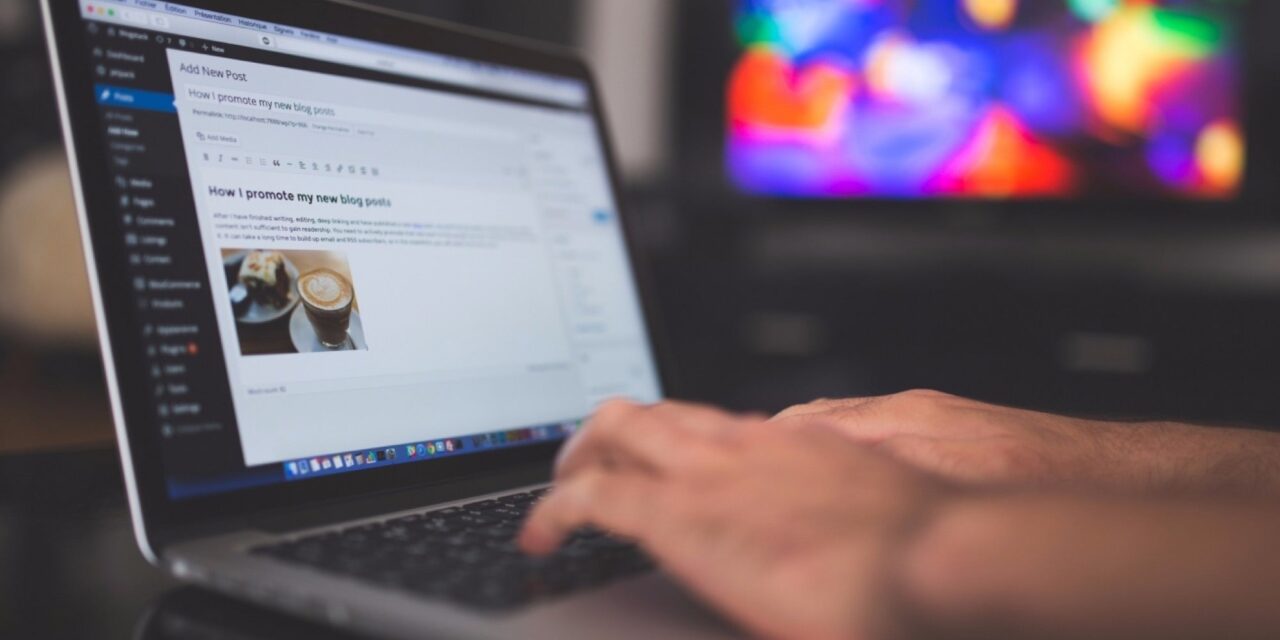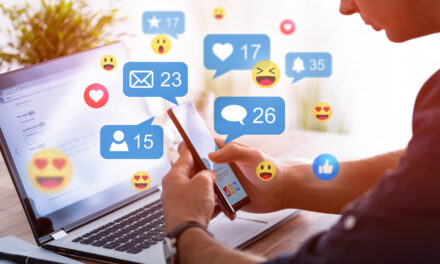As digital technology continues to develop rapidly, social media has become a vital mode of communication and connection for people across the globe. From Facebook to Snapchat, Instagram to TikTok, these platforms have amassed billions of users worldwide. Thesmallbusinessblog.net is a great resource that discusses various aspects of social media and business. However, as the use of social media increases exponentially, so does concern about potential addiction and adverse mental health effects associated with excessive screen time.
Addiction Statistics
Studies on internet addiction date back to the late 1990s when researchers found that certain online activities could trigger compulsive behavior. Over the years, however, attention shifted specifically towards social media as its usage surged dramatically. Recent studies estimate that more than 3 billion people are actively using social media globally, with some spending an average of two hours per day browsing these platforms.
A study published in the International Journal of Environmental Research and Public Health revealed that approximately 12% of their participants showed signs of social media addiction under the Bergen scale – a widely used measure for this kind of behavior.
Another study conducted by Harvard University suggested that people spend up to 40 minutes per day just on Facebook alone—taking into account different age groups—and teenagers often spend up to three hours daily on various social networks.
Impact on Mental Health: Depression and Anxiety
The high levels of engagement and dependence on social media have been shown to correlate with mental health issues like depression or anxiety among users, particularly among teens and young adults. A 2019 study published in JAMA Pediatrics found that those who spent over three hours per day on social media had a higher risk of developing depression or anxiety compared to those who used it for less than an hour.
Researchers believe that this association may be due in part to factors like cyberbullying, FOMO (Fear of Missing Out), and constant comparison with others. Feeling left out or inadequate when viewing the carefully curated online lives of friends and influencers can lead to feelings of self-doubt and unhappiness.
Social Media s Effect on Self-Esteem and Body Image
Many users have admitted to comparing themselves negatively against others they follow on platforms like Instagram—a platform often dominated by images featuring seemingly perfect lifestyles, bodies, relationships, etc. This continuous exposure to unrealistic standards can be detrimental to self-esteem and body image.
A review published in the Journal of Adolescent Health suggests a strong relationship between social media use and negative outcomes concerning body image dissatisfaction. In particular, researchers found that frequent usage—specifically engaging with appearance-related content—can adversely affect perceived self-worth.
Furthermore, studies show that people who more frequently view profile pages with highly attractive photos tend also to report lower levels of satisfaction with their own life circumstances as well as more depressive symptoms compared to their counterparts.
Sleep Disruption
Poor sleep quality is another reported impact of excessive social media use. Research conducted at the University of Pittsburgh School of Medicine found that young adults within the ages 19 – 32 who spent longer periods on social media had increased odds of reporting sleep disturbances compared to peers who dedicated less time online.
This correlation could partly be attributed to blue light exposure from devices disrupting circadian rhythms; however, other factors such as anxiety and ruminating on emotionally stirring content are also thought to contribute.
Possible Solutions: Rediscovering Balance
As the body of evidence on the negative effects of social media on mental health continues to grow, it s essential for users to educate themselves about the potential risks associated with overconsumption. Experts recommend a range of measures that can help regain control and find balance in our digital lives:
- Digital Detox: Taking periodic breaks from social media entirely or engaging in controlled consumption by limiting usage time can lessen dependency while reducing stress levels. A hiatus from online life can give a much-needed respite and offer newfound perspective.
- Mindful Usage: Monitoring ones interactions with social media and being mindful about why they are using it can be an effective way to mitigate potential negative impacts. Users should ask themselves if they are engaging on these platforms to escape reality, fulfill emotional needs, or passively consume information without considering its impact on their well-being.
- Setting Boundaries: Maintaining a healthy balance between online and offline connections is imperative. Setting time limits for social media use, turning off push notifications, not using these platforms before bedtime, or keeping smartphones out of reach during meals can all contribute towards lessening unhealthy habits.
- Seeking Professional Help: If someone suspects that their frequent use of social networks is causing feelings of anxiety, depression, or even addiction-like symptoms, they should not hesitate to speak with a trained mental health professional for guidance and support.
In conclusion, while social media offers countless advantages in terms of communication and connectivity – allowing friends and family members around the world to stay in touch – it s vital that people understand the potential risks these platforms pose to their mental health. Through self-awareness, mindful usage, and the implementation of practical measures, individuals can limit exposure to the negative effects of social media consumption.






